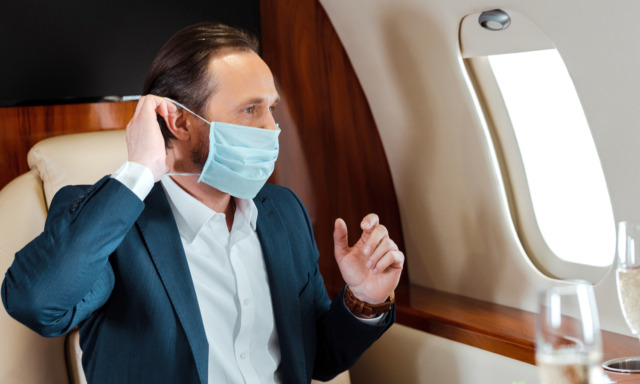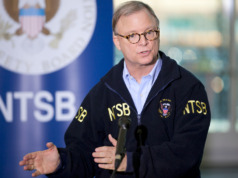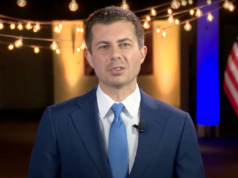
Watching federal officials and the scheduled airlines trying to come up with a standardized approach for protecting passengers from exposure to the COVID-19 virus is akin to viewing a Marx Brothers movie – confusion and pandemonium are the principal plot elements.
Medical experts around the world and the CDC have repeatedly stated that wearing masks covering the nose and mouth is the first line of defense to prevent transmission and help avoid exposure. Masks protect the wearer, and also the people they come in contact with. You’d think it would be a simple thing for the Department of Transportation to require passengers and cabin crewmembers to wear protective masks.
DOT Secretary Elaine Chao has spent a lengthy career in the Executive Branch, while attempting to avoid leaving footprints in the carpeting. So, true to form, she shied away from issuing a requirement that masks be worn on airliners. (Chao’s boss, President Trump, is consistently defiant about not wearing a mask himself.)
So Chao passed the buck and let individual airlines decide who will be required to wear masks. By late June most carriers were requiring masks for everyone in the cabin, although a few passengers objected to mandatory face coverings.
But as summer arrived, the airlines were all over the place on the issue of blocking middle seats and limiting passenger load factors to afford some distancing between travelers. A couple of carriers are blocking all middle seats and limiting passenger load factors to 65 percent.
Other airlines are blocking “some” middle seats. Another was filling every seat on the airplane if possible, but allowing ticketed passengers to switch to another flight if the load factor exceeds 70 percent. Wow, isn’t that dandy? Welcome to the nervous and unpredictable skies.
Business aviation flight levels are still down from a year ago, but flight activity picked up in May and June. Some charter and fractional aircraft providers are reporting significant increases in the number of requests for flight quotes from people new to the charter market. Whether that trend will continue remains to be seen, but it does suggest more people are seeking alternatives to crowded airline flights.
Many charter operators feature COVID-19 updates on the first page of their web sites, and provide considerable detail on what they are doing to sanitize aircraft between flights.
COVID-19 procedure lists typically include: rigorous cabin disinfection protocols before and after each flight leg; hand sanitizer and wipes aboard the aircraft; requiring flight crew and cabin personnel to wear masks when customer-facing; strict travel policies for employees and crew including avoidance of airline travel; pilots required to take temperatures before each work day and self-monitor/stay home if they do not feel well; asking customers to fill out a questionnaire on recent travel, etc.
Many operators also are allowing only essential personnel and passengers in their terminals, emphasizing social distancing and eliminating food service both on the ground and in the air.
The National Air Transportation Association rolled out its “Safety 1st Clean” infectious disease response cleaning standard for fixed-base operators (FBOs) in mid-June. The association, which represents both charter operators and FBOs, said the new standard was produced by its Safety Committee and Coronavirus Task Force “to provide general guidance on facility cleaning, disinfecting and facility operation in response to a pandemic.”
After months of travel restrictions and being cooped up at home, people are anxious to begin flying again for both business and personal reasons. But minimizing potential exposure to the virus should remain at the top of your list – the number of new daily cases was rising in AZ, CA, FL and TX in late June. Ask questions, do your research, and make sure operators deliver on their promises BAA
David Collogan has covered aviation in Washington, DC for more than four decades. This award-wining journalist is known as one of the most knowledgeable, balanced, wary, and trusted journalists in the aviation community.




